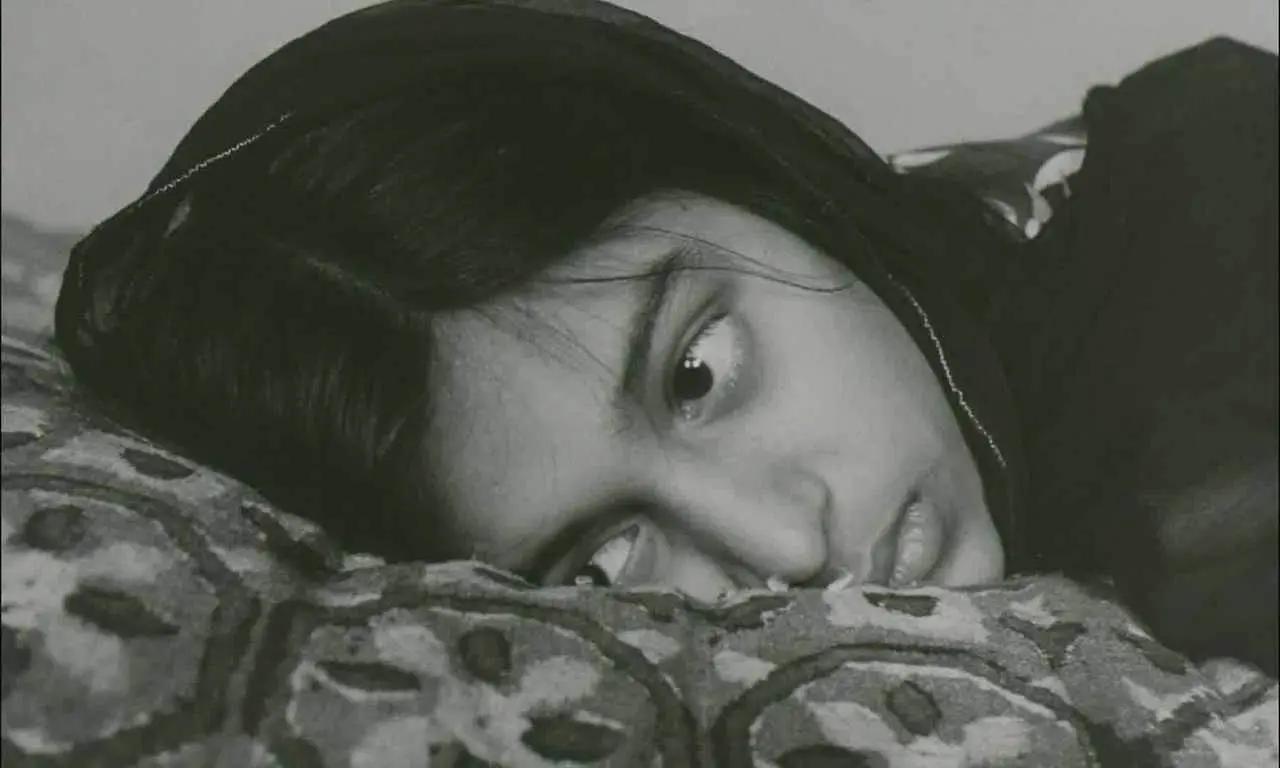Mani Kaul is undoubtedly the Indian filmmaker who, along with Kumar Shahani, has succeeded in radically overhauling the relationship of image to form, of speech to narrative, with the objective of creating a ‘purely cinematic object’ that is above all visual and formal. Mani Kaul joined the Film and Television Institute of India (FTII), Pune initially as an acting student but then switched over to the direction course at the institute. He graduated from the FTII in 1966. His first film Uski Roti (1969) was one of the key films of the ‘New Indian Cinema’ or the Indian New Wave. The film created shock waves when it was released as viewers did not know what quite to make of it due to its complete departure from all Indian Cinema earlier in terms of technique, form and narrative. The film is ‘adapted’ from a short story by renowned Hindi author Mohan Rakesh and is widely regarded as the first formal experiment in Indian Cinema. Friday 23 March 2018, 13:00 Contextualising the films of Mani Kaul – A Symposium with Free screening. Birkbeck Cinema: FREE event book here This symposium explores the work of Mani Kaul (1944-2011), by combining papers, discussion and a screening of Siddheshwari (Mani Kaul, 1989). Marking the beginning of our programme of Mani Kaul films at the ICA, this event seeks to contextualise the filmmaker’s work, and to mark the connections between the experimental aesthetics used by Kaul and similar practices taking place within Indian cinema at the time. As an essay filmmaker, Mani Kaul engages with a broad range of subjects including the art, classical music, literature and theatre of India, and we will use this symposium as a space to reflect on the diversity and interdisciplinary nature of his films. Screening: Siddheshwari, 1989 A film about the renowned Hindustani singer Siddheshwari Devi (1903-77). Blurring fiction and documentary, Kaul’s film showcases his passion for Indian classical music. Speakers: Valentina Vitali, professor of Film Studies at the University of East London and director of the Moving Image Research Centre. Giulia Battaglia, University of Paris 3 – Sorbonne Nouvelle, researcher in anthropology of visual/art/media practices specialised in documentary film in India. Friday 23 March 2018, 20:15 Uski Roti (A Day’s Bread), 1969. DCP, 110 minutes, Hindi with English subtitles Mani Kaul’s great debut feature, Uski Roti (A Day’s Bread), was a seminal film in defining the formal vocabulary of the New Indian cinema. Based on a short story by Hindi writer Mohan Rakesh, the film is a dramatic portrait of a Punjabi woman who, day after day, waits patiently at a bus stop for her husband, a bus driver, so that she can give him his meal, the bread she prepares for him every day. Kaul’s precise exploration of cinematic space, landscape and figure, inspired by the compositions of the Hungarian-Indian painter Amrita Sher-Gil, as well as his attention to gesture and repetition, give an extraordinary strength to this study of a woman’s life and her solitary condition. When her daily routine is interrupted, the film gradually builds a sense of suspension of time, of stillness and silence, becoming, as Mani Kaul put it, ‘a projection of the woman’s fantasies’. Cinema One, ICA book here Saturday 24 March, 14:30 Mati Manas, 1984. 35mm, 92 minutes, Hindi with English subtitles In Mati Manas [Minds of Clay], Mani Kaul explores the ancient tradition of terracotta pottery and sculpture, and the several legends associated with it. The film depicts the ancient objects, their social history, as well as the history of the techniques involved, weaving together the telling of tales as told by the potters themselves and fictionalised sequences in which historians talk about the artefacts encased in museum displays. Mani Kaul wished to discover the myths and states of mind out of which the pots were made, and to render a sense of this spirit filmically through his own shaping of the medium of cinema. ‘I wanted’, he said, ‘to know the anguish of the potter through my own anguish as a filmmaker.’ Cinema One, ICA Saturday 24 March 2018, 17:00 Dhrupad, 1982. 35mm, 74 minutes, Hindi with English subtitles One of the most beautiful documentary essays directed by Mani Kaul. The filmmaker, who was himself a performer of Dhrupad, an ancient form of classical music originating in northern India, renders the formal principles and structures of this musical genre by purely cinematic means as a sensual orchestration of space and time. The film features the members of the Dagar family and the director's own music teachers: Zia Mohiuddin Dagar, playing the rudra veena, a large stringed instrument, and his brother, the singer Faruddin Dagar. Mani Kaul wrote about his film: “It is a music without notation. In a sense, it is not even possible to notate this music; it is too complex. There are continuously ascending and descending tones, and it is impossible to say that these tones follow this or that note. The tones are always traveling in the dissonant areas between notes. I was especially interested in how the Indian musicians transmit the tradition of their music orally. A student can study this music for years and never write a sentence in a notebook. You can only learn the music by continuously listening and practicing until you begin to elaborate it in your own way. The secret of the survival of the traditions of Indian music is deeply linked with opening the disposition of the disciple, the pupil.” Map and transport details Birkbeck Institute for the Moving Image, 43 Gordon Square, London, WC1H 0PD ICA, The Mall, London, SW1Y 5AH Films in collaboration with The Essay Film Festival, Courtisane Film Festival and with the support of Birkbeck Institute for the Humanities and the National Film Development Corporation of India.
